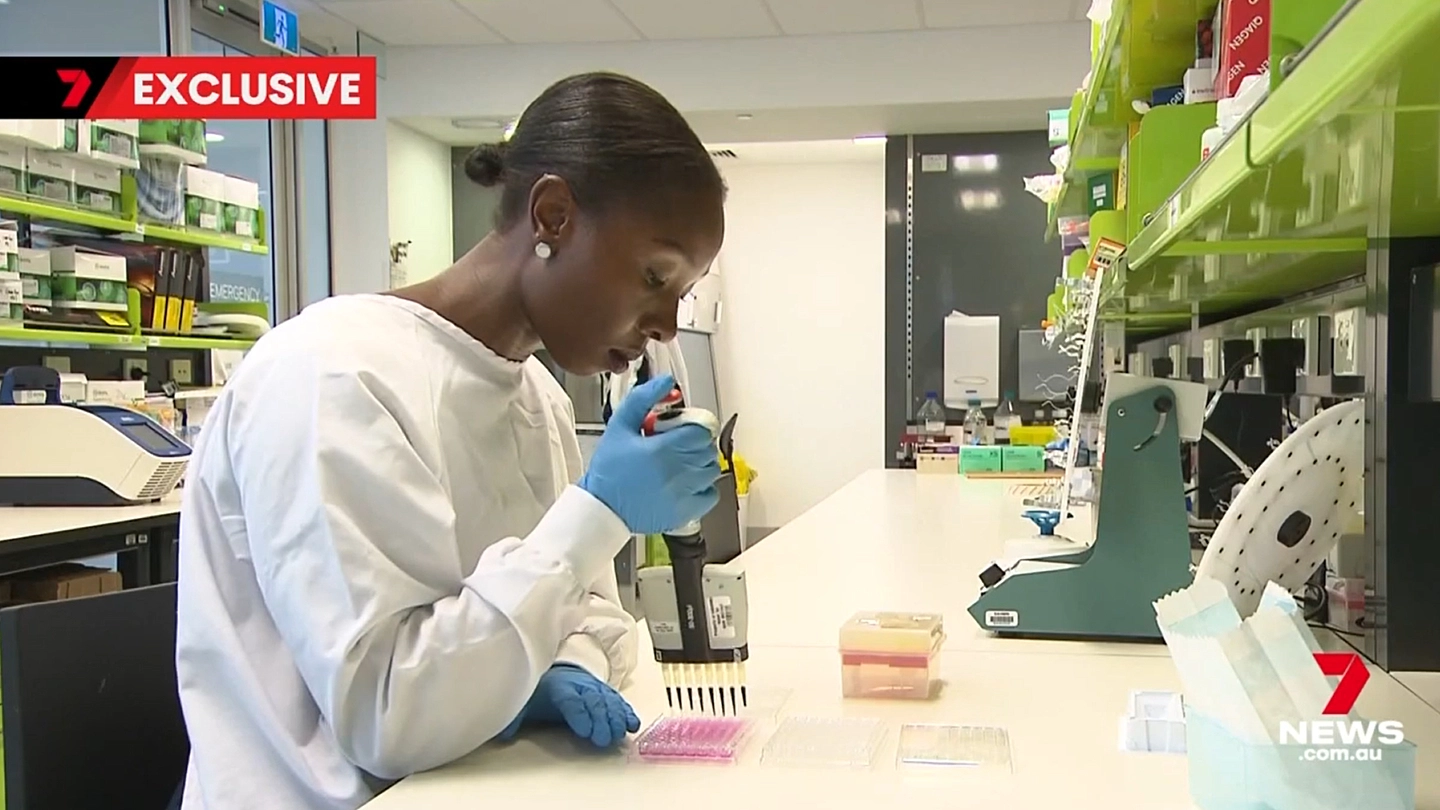A team of Adelaide researchers is putting the microbiome of blood cancer survivors under the microscope in a new study exploring the link between gut health in remission and the potential risk of developing other chronic conditions.
Led by PhD candidate Joyce Mugabushaka and Professor David Lynn, the ALL-IMMUNE Late-Effects Study, is recruiting South Australian survivors of Acute Lymphoblastic Leukaemia (ALL), as well as their family and household members, to help researchers better understand the role the gut plays in life beyond cancer.
ALL is the most common childhood cancer, with more than 300 children and adults diagnosed every year in Australia.
Although survivorship is very high, research suggests that survivors may be at greater risk of developing a variety of other health issues later in life called ‘late-effects’; namely metabolic disorders, cardiovascular problems, and other cancers.
Researchers think that persistent dysregulation of gut bacteria, induced by cancer therapy, may increase the chance of ALL survivors incurring these conditions,
"Cancer treatment, such as chemotherapy, can drastically alter the gut microbiome and these changes have been shown to persist in ALL survivors for many years post-treatment,” Ms Mugabushaka said.
While chemotherapy is known to selectively deplete bacteria in the gut, the extent and duration of these effects are still unclear.
“These changes to gut bacteria have been linked to increased risk of chronic diseases, but we need to narrow down exactly what role dysregulated microbiome has in the development of late effects in ALL survivors.”
The trial, a collaborative effort between SAHMRI, Flinders University, the University of Adelaide and SA Health, funded by the Leukaemia Foundation, will compare the microbiota of ALL survivors to that of their siblings and those living in their home, who haven’t had cancer.
“Ultimately we want to be able to develop interventions, including dietary modifications and targeted probiotic treatments, to rejuvenate gut health in ALL survivors and reduce their risk of enduring further health complications,” Ms Mugabushaka said
The study is open to anyone in South Australia who’s completed their ALL treatment in the past decade, as well as their siblings and those they live with.
Participants are required to provide a single stool sample, which can be collected in private at home and mailed back, and to fill out a brief health questionnaire.
Those interested in taking part in the trial are encouraged to email late.effects@sahmri.com to register their interest.
Watch the 7NEWS story here

